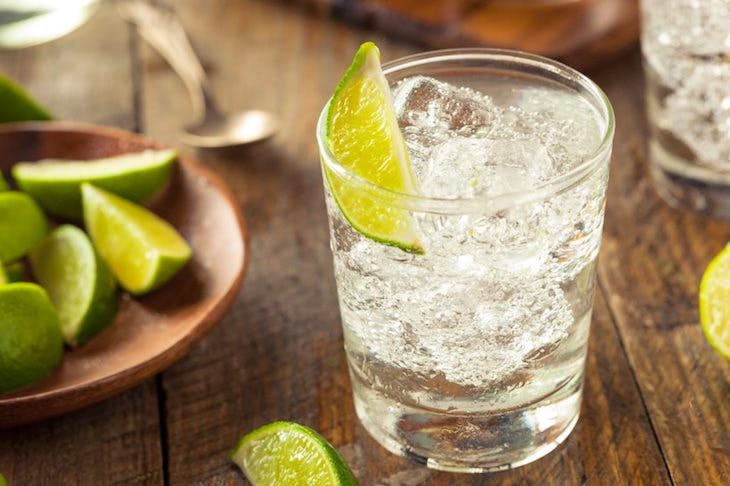Miles Beale, chief executive of the Wine and Spirit Trade Association, said: ‘The WSTA dubbed 2016 the year of gin and the gin boom has had a large part to play in the windfall now being enjoyed by the Treasury. The 7 per cent increase on revenue takings came as a result of the Chancellor freezing spirit duty in 2016 and allowing the industry to grow and invest. It proves the point that cutting or freezing spirits duty brings rewards, which is why the inflation busting rise in duty this year was such a disappointment and threatens the industry’s ability to invest, grow and export.’
So you may want to hold off on cracking open that can of Fever Tree and slicing up a cucumber. As Beale points out, spirit makers are concerned about future sales after the Chancellor’s March Budget contained a 3.9 per cent rise on alcohol duty, adding another 30p to a bottle.
The UK’s high duty rates mean that UK consumers pay 25 per cent of all spirits duties collected by EU member states and an eye-watering 77 per cent of the average price of a bottle of gin is taken up in duty and VAT. That means that every time we buy an average priced 70cl bottle of spirits, at 40 per cent abv, £10.33 goes straight to the Treasury.
And let’s not forget wine which remains at the top of the Revenue’s booze table, cashing in more than £4 billion for revenue coffers during the last financial year. That’s a 5 per cent year-on-year rise in terms of alcohol tax revenue compared to 7 per cent for spirits and 1 per cent for beer.
All in all, the UK pays more in alcohol duty than Germany, France, Poland, Italy and Spain combined. It’s enough to make you turn to the bottle.
Helen Nugent is Online Money Editor of The Spectator






Comments